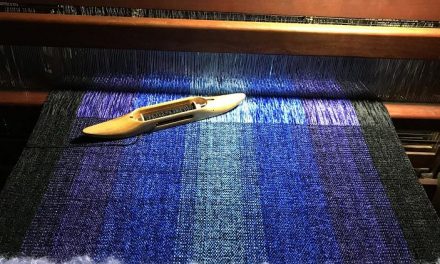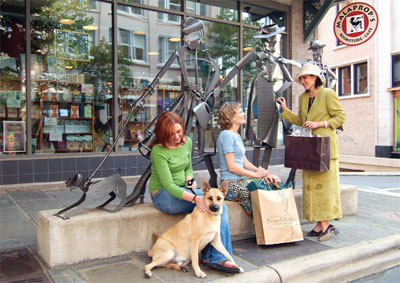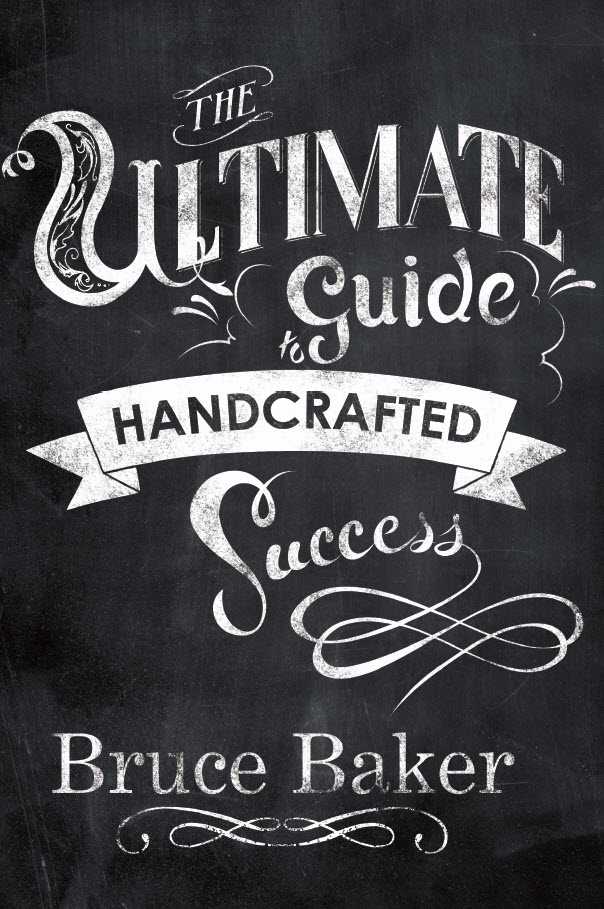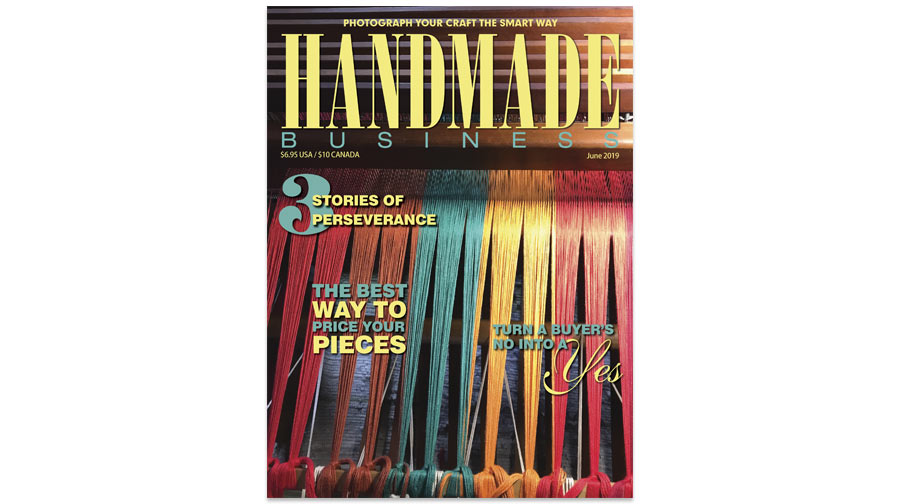
By Stephanie Finnegan
More than a million viewers tune in weekly to watch “Rough Cut, Woodworking with Tommy Mac,” a production of WGBH Boston, distributed by American Public Television. The how-to series is helmed by Tommy MacDonald, an amiable, knowledgeable, plainspoken man who is at home in his workshop, as well as in corporate offices and executive boardrooms around the nation. It is his ability to be a down-to-earth craftsman, as well as a producer of television and social media content, which distinguishes MacDonald from many of his peers. He doesn’t shy away from new challenges or risk-taking opportunities. Rather, it’s quite the opposite: He never allows an unfamiliar invitation to cause him to fade into the woodwork!
“Craftspeople tend to be solitary,” MacDonald explains. “A lot of time that solitude makes a person look inward. If a person is in his or her studio, working on a design, that becomes the total focus. They don’t look around to see what is out there waiting for them. They have an image in mind of what they want to achieve with this single piece, and they don’t notice the bigger picture. They don’t see what they can do outside of the workshop.”
MacDonald is an expert in recognizing brand-new opportunities and reinventing himself to match the requirements of a new profession or a different vocational path. Having been a carpenter for about 15 years, toiling at all types of worksites, from private homes to highways and bridges, a construction injury sidelined him. His surgeon recommended that he should pursue a new livelihood that didn’t include swinging sledgehammers and doing manual, backbreaking labor at Boston’s “Big Dig.”
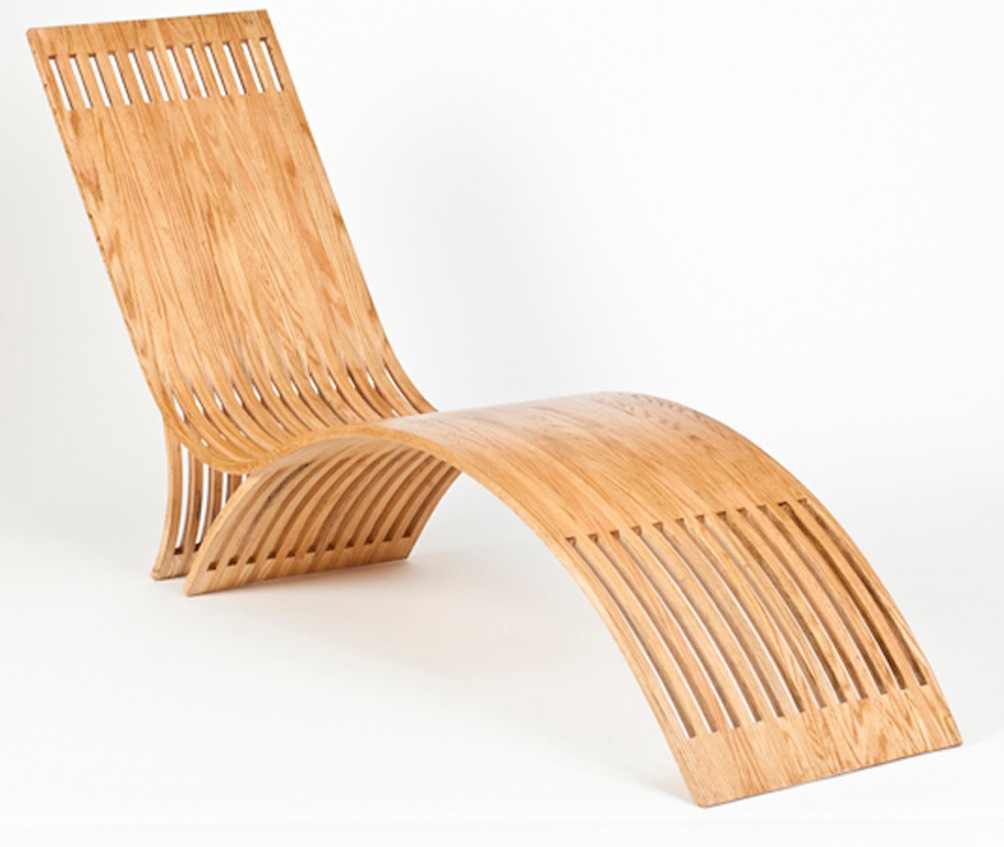
Applying to the North Bennet Street School, a world-renowned craft-and-trade institution, MacDonald was accepted and worked indefatigably toward learning and improving his woodworking skills. He dug into his innate talent for fine-furniture making, gaining recognition and attention for his 18th-century reproductions.
While at the school, MacDonald was always keenly aware of his surroundings. He knew that he could make more of himself than “just being a woodworker or furniture maker. I am convinced that you are your brand. You are what you are selling. I have always been able to talk a lot, and I have never been content to stay stuck in one world. When Bob Vila came to our school and his producers asked if the students wanted to talk about their pieces, I jumped at the chance. Other students didn’t do that. I can’t explain what stopped them from taking up this offer. Why do people talk themselves out of doing things? I don’t know. I immediately knew that here was a chance of a lifetime for me, and why wouldn’t I go for it?”
For the grand finale of Home Again, MacDonald impressed the Vila producers with his vision and his assertiveness. He brought nine examples of his exquisite, historically inspired pieces to the shoot. No other student had taken advantage of the invitation. When the Vila team was looking for content for Bob’s website, MacDonald was given the chance to craft his own video podcast: “I felt foolish at first with a camera and talking about what I was doing. I created an alter ego—‘T Chisel’—and that helped me to do it. I wasn’t a natural. It was outside my comfort zone, but that didn’t hold me back. I was adaptable.”
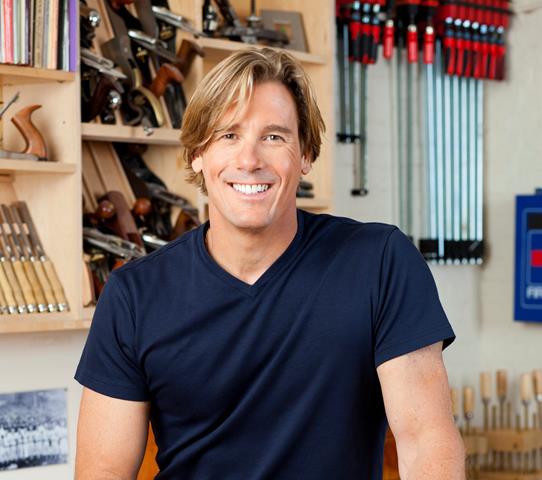
It’s that ability to persevere and to “wear ten different hats at all times” that has served MacDonald so well. In less than a decade, he went from a student who was being taught woodworking and furniture making to a TV host who instructs and entertains a nation-wide audience with his skills. Along the way, he has picked up a pair of easygoing nicknames: “T-Mac” and “Tommy Mac.”
According to the PBS personality, “It’s not that I have a lot of self-confidence or enormous belief in myself. It’s that I don’t limit myself. I’ll look at what someone else is doing, and I think, ‘I can do that. Why couldn’t I do that? That person is just an average guy. He’s not more special than me. If he can do it, I can do it.’ So it’s not that I think so high of myself, it’s that I can see how all of us are jerks when you get right down to it.”
MacDonald flourished in the world of fine-furniture artistry—with several of his pieces grabbing cover spots on national magazines, such as Forbes, and being placed on display at museums in New England. His Bombe secretary was on view at the Rhode Island School of Design museum for six months, placed next to the original that had influenced it. Along the way, he received multiple awards and honors, culminating in the “Best in Show” for his “Body of Work” at the 2006 Providence Fine Furnishings Show. Amazingly, this was simply four years after he graduated from Bennet.
When MacDonald learned of master carpenter Norm Abram’s plan to retire from The New Yankee Workshop, the go-getter picked up the phone and called the powers that be at WGBH. He campaigned to be given a chance to air his own program in that lineup.
“What did I know about television? I watched TV. That was about it. I was told that if I could get the money for the program, I’d be given a shot. I approached Woodcraft with the proposal. I said to the president of that company, ‘If you were given the chance 25 years ago to sponsor Norm Abram, what would you have said?’ He and his team came up to meet with me, and the result is Rough Cut.”
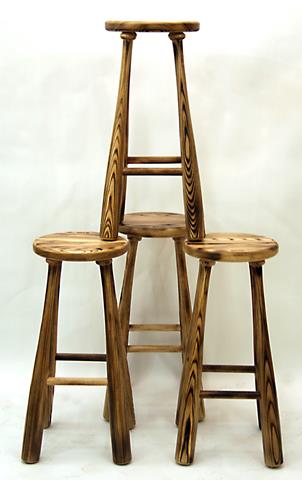
Hollywood is filled with fictional accounts of pauper to prince transformations, but MacDonald’s story is a real-life workrag to riches: “No, I haven’t gotten rich yet. I’ve gotten well-known. That’s something that all people who work in crafts have to learn. You have to self-promote. You can’t wait for someone else to brag about you or talk you up. It won’t happen. You also have to stop being a perfectionist. That doesn’t mean that you don’t try your best. You just have to accept there might be imperfections in your finished work, and that’s okay. That’s part of working with your hands and making something unique. There will be problems with it, but only you will notice them. Don’t linger on that. You have to conduct yourself as though you are the best at what you do, and that your creations—furniture, jewelry, glass, artwork, anything—is the best.”
Before MacDonald was on the air with a woodworking show, he still conducted himself as though he had something worth reporting on: “I called up the local papers and told them that they could come out and see whatever I was working on. This was the Canton Journal or the Canton Citizen in Massachusetts. I realized that what we do is interesting to non-craftspeople. They like to see how something is made. It is unusual for them. It’s something they can’t do, and they enjoy seeing that behind-the-scenes look. That’s something all craftspeople can do. They can get in touch with local media and get themselves publicity.”
Another game plan that “Tommy Mac” firmly believes in is committing thoroughly to one’s chosen craft: “I was willing to go broke for my business, Thomas J. MacDonald Fine Furniture, Inc. I poured all my money and time into it. This was when I was single. I had no wife; I had no kids; I was willing to live in a small, crappy apartment. I put everything into building the business. I put it all on the line. If you’re a crafter, you need to treat it as your primary goal. If you want to succeed, if you want to achieve your dreams, you have to devote all of your energy and time to it. It can’t be something you just do at nights or on weekends sometimes. If you want to achieve the most, you have to work at it the most.”
Married, but with no “human kids, just a dog named Murphy,” MacDonald, age 47, hasn’t settled down when it comes to his career goals. He sees each achievement as a stepping-stone to another opportunity and another challenge. Currently he would like to find a manufacturing partner to help him make his furniture at a more affordable price point for a larger range of customers. “There is no end game for me. You have to keep climbing. You have to keep telling yourself that you can’t settle and you can do more. Also, whether you are a beginning craftsperson or an old hand, you have to learn how to value your time. That’s what I’m always most surprised about. Most people don’t know how to price their merchandise. They don’t know how to put a value on their time, their costs, their overhead, their out-of-pocket expenses, their insurance. They don’t know that all of this needs to be factored in. They sell themselves short with what they price their work at. That’s a major part of success. Once you realize that you are selling something that can’t be bought anywhere else, because you made it—it’s only yours—you’ll see your work and your time and your business in a whole different way.”
With his self-assured attitude and his blunt, commonsense approach to his choices, Tommy MacDonald is indeed a diamond in the rough. Or, as his show makes clear, a Rough Cut.
For more information, visit www.thomasjmacdonald.com.


